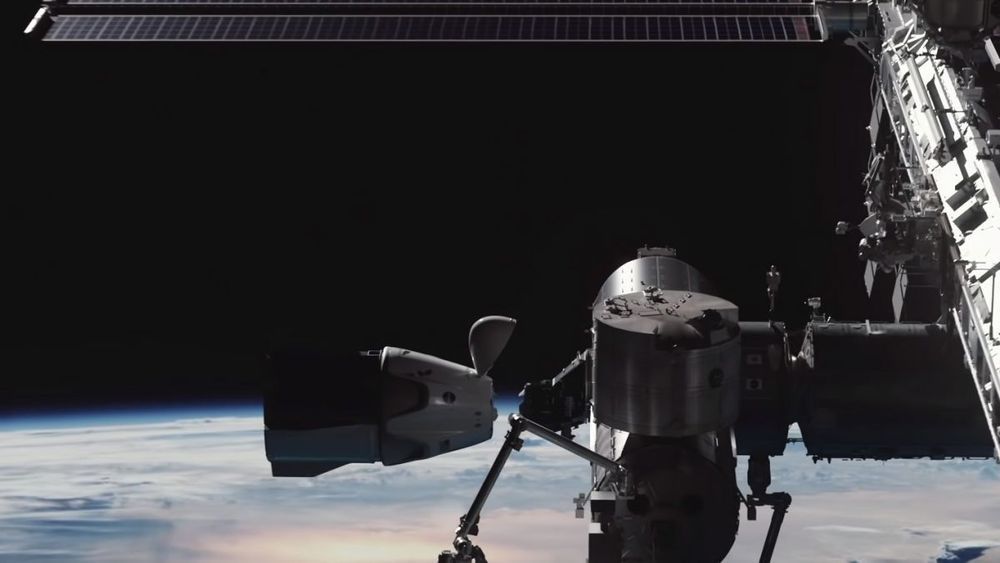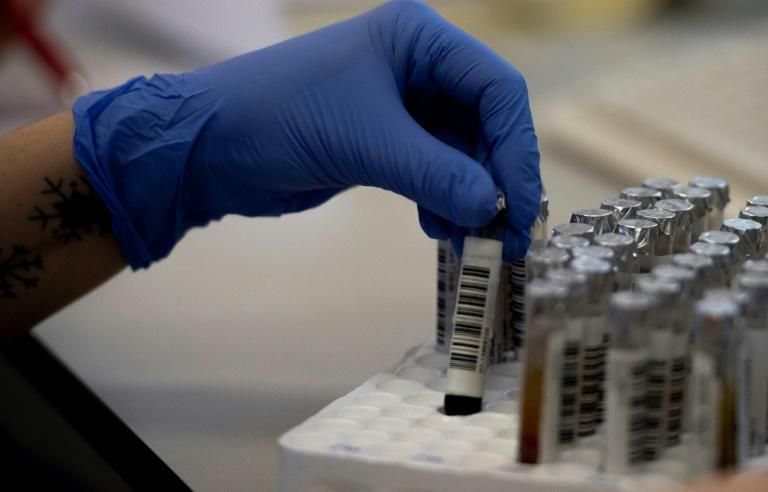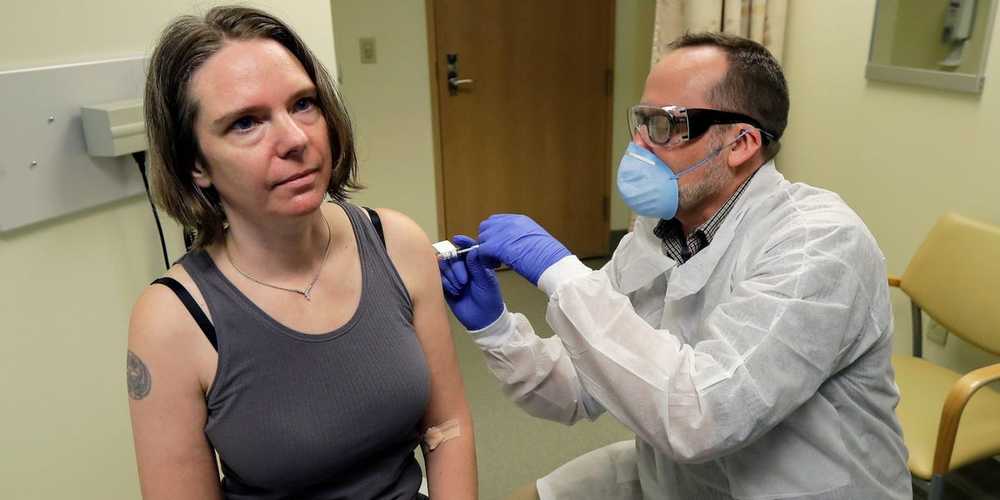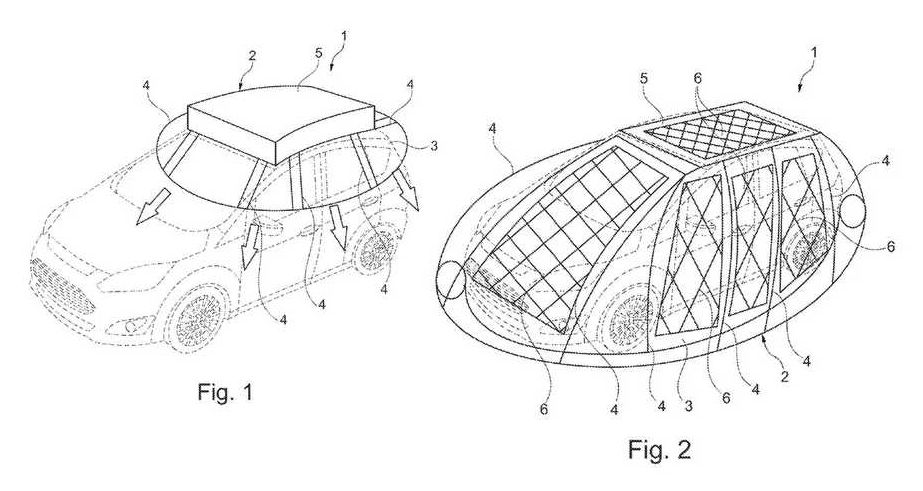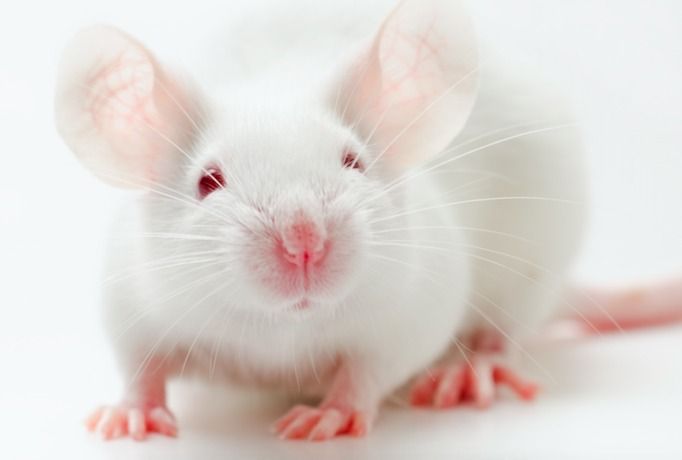Here’s a step-by-step explainer of what will happen during the Demo-2 mission, from prelaunch preparations through the astronauts’ return to Earth.
In photos: SpaceX’s Demo-2 Crew Dragon test flight with astronauts
While NASA astronauts heading to their rockets on the day of a launch have traditionally traveled to their launchpads in a retro-style “Astrovan,” Demo-2 astronauts Doug Hurley (left) and Bob Behnken will be rolling up to their Falcon 9 rocket in shiny Tesla Model X sports cars. This comes as no surprise to SpaceX fans; Elon Musk, the founder of both SpaceX and Tesla, famously launched a cherry-red Tesla Roadster into space on a Falcon Heavy rocket in 2018.
